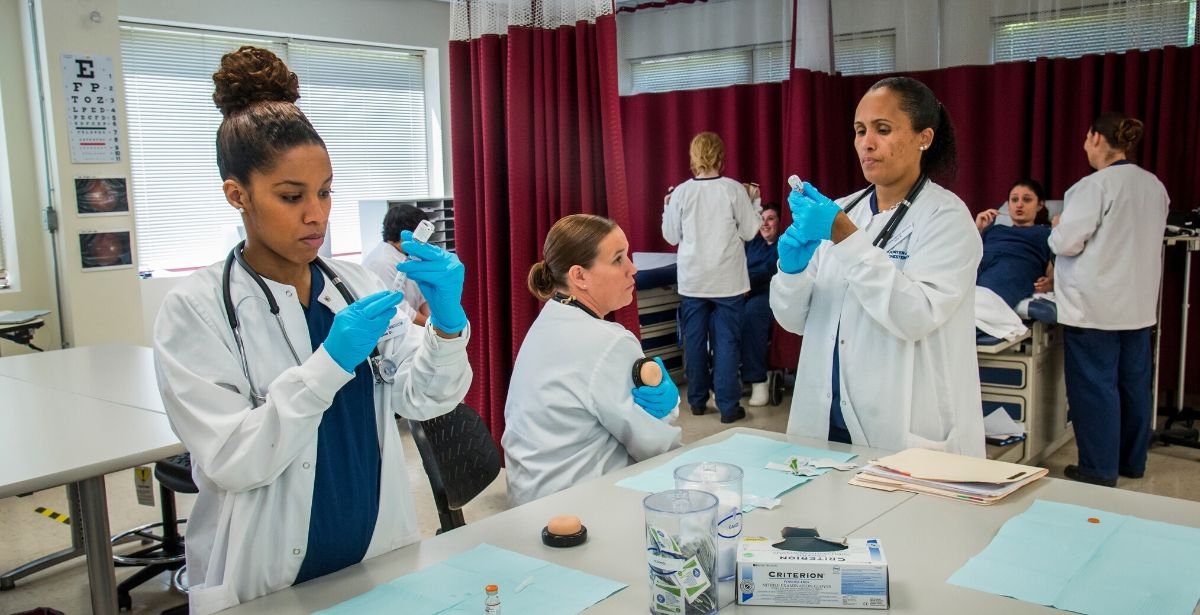
How to Pick a Good Medical Assistant School
So you’ve been thinking for a while that you want to work in a doctor’s office or maybe a hospital. You’ve looked at different healthcare careers and narrowed your future career down to Medical Assisting. It feels great when you make a decision that you can be proud of. But now how do you get to the next step: training for the career and finding a job?
Here’s what to look for in a medical assistant school or program.
1. Experience Training Medical Assistants
Choose a school that knows how to train students to become professionals. How do you tell? First, how long have they been doing it? Have they been at it for five years? Or 50? It makes a difference. Career training schools with a long history that are still educating Medical Assistants have stood the test of time. They’ve seen the ups and downs of job prospects and have learned how to stay relevant. They know why Medical Assistants are in such demand and they also know what doctors and healthcare facilities expect from the people who will work in the field. Experience has taught them how to pivot to new situations and how to teach you!
2. Accreditation for Medical Assisting Programs
Is the school’s program accredited? Look for programmatic accreditation through an organization such as the Accrediting Bureau of Health Education Schools (ABHES). The ABHES is recognized and approved by the U.S. Secretary of Education as a private, non-profit, independent accrediting agency. Programs that receive the ABHES accreditation mush adhere to strict standards for quality education, training, and institutional accountability.
3. Hands-On Medical Assisting Training
While there are components to your education that can happen online, if you want experience working with people, you need to work with people. There isn’t any substitute for human interaction. Choose a program that teaches you how to perform blood draws, collect specimens, do EKGs, and take patient histories. Online instruction and simulations can be a good starting point, but you’ll also want the opportunity to perform the actual task you’ll need to do on actual people.
4. Medical Assisting Externships
Another important part of your training should be experience out in the real world. Will your program provide you an opportunity to learn under professionals from the field in a physician’s office or hospital setting? Not only do externships give you the chance to try out your skills; you get to meet, learn from, and interact with a healthcare team.
If you’re ready to start on the path to a new healthcare career, consider Medical Assisting Training at Porter and Chester Institute in Connecticut and Massachusetts. Our accredited program offers you in-class and hands-on learning, and externship opportunities so you can get real-world experience. And we’re been providing career training for more than 70 years! Fill out the form and select “Medical Assisting” in the drop down menu.






